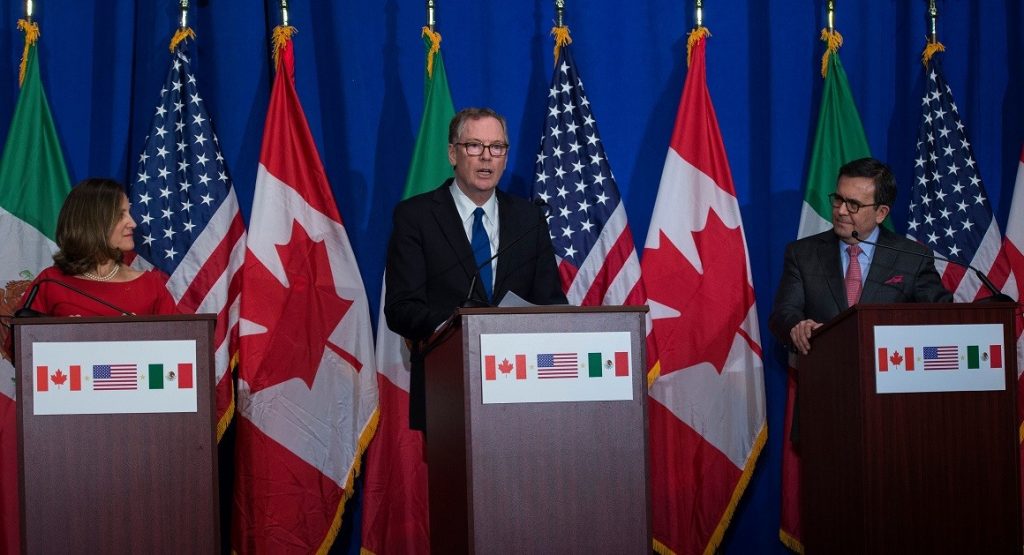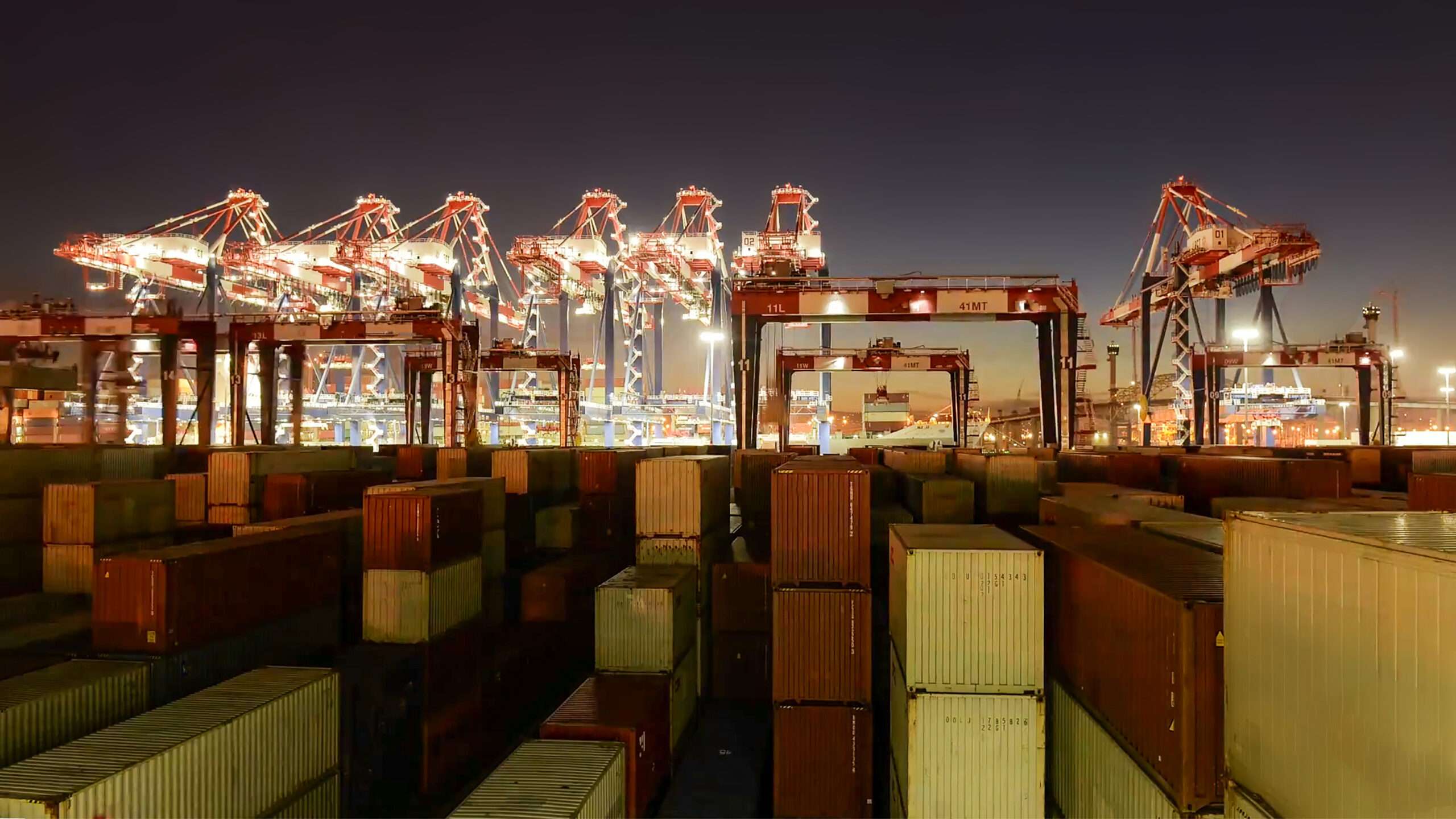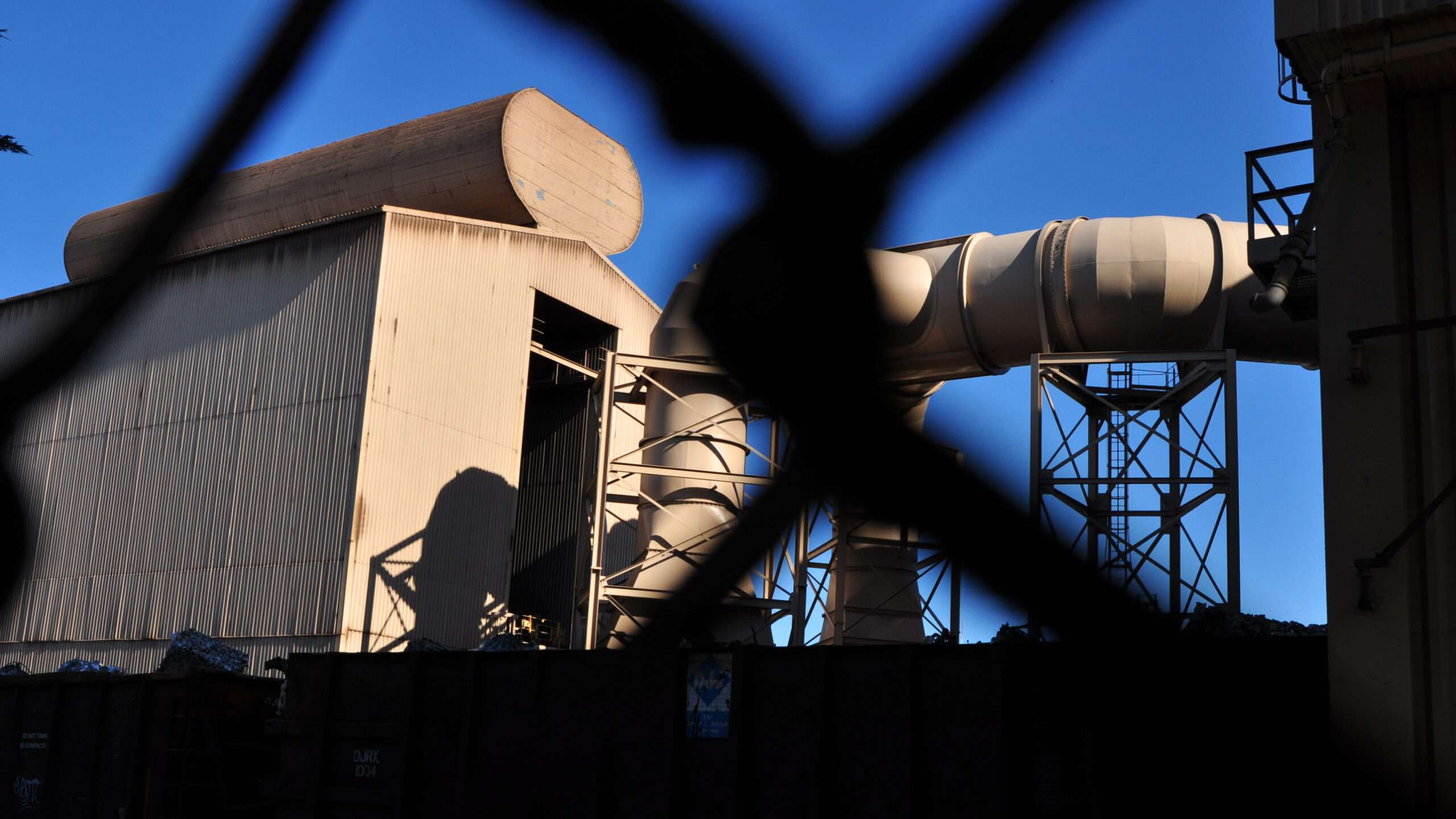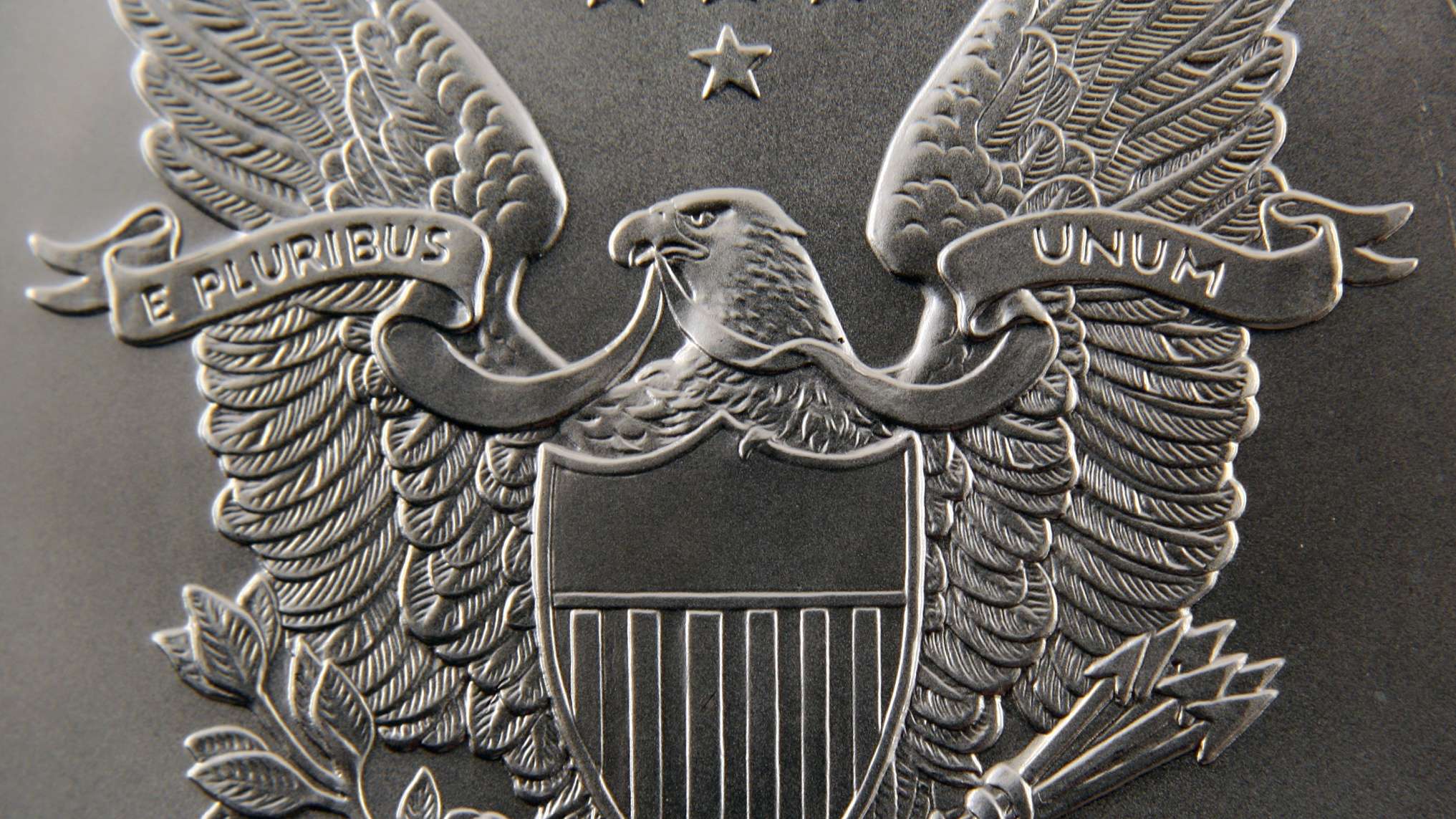Editors note: The Mexico challenge to US tariff actions will also challenge the future of the WTO if the institution continues being part of the problem by preventing the US from correcting our trade deficits.
Mexico has started proceedings against the United States at the World Trade Organization (WTO), arguing that the tariffs that US President Donald Trump has imposed on steel and aluminum imports violate the rules of the organization.
[Mick Bowen | June 4, 2018 | Latin Finance]
“Mexico considers the measures imposed by the US, arguing threats to national security, violate the WTO’s agreement on safeguards… [and] also violate the 1994 General Agreement on Tariffs and Trade (GATT),” Mexico’s economy ministry said in a statement.
Last week, after the Trump administration said it would slap tariffs on steel and aluminum shipments from Mexico, Canada and the European Union (EU), the Mexican government responded with retaliatory charges on US imports of flat steel, lightbulbs, pork legs and shoulders, sausages and prepared foods, apples, grapes, blueberries and various cheeses.
Mexico’s tariffs target many products from US states that voted for Trump in the 2016 election. Indiana, the home of Vice President Mike Pence, makes the most steel in the United States, while Iowa, where Trump won by almost 10 percentage points, produces the most pork.
“He has shot himself in the foot,” Economy Minister Ildefonso Guajardo said in an interview with Radio Fórmula.
Still, the American Iron and Steel Institute (AISI) put out a statement to thank Trump for imposing a 25% tariff on steel imports but added that it wanted NAFTA negotiations to continue to increase the use of steel produced within the trading bloc.
Mexican President Enrique Peña Nieto and Canadian Prime Minister Justin Trudeau spoke by phone last week and agreed to continue negotiating a revised free-trade agreement.
But Guajardo said in the radio interview that it would be “difficult” to conclude the NAFTA talks before Mexico’s presidential election on July 1. “For us, the objective is to reach an agreement that makes sense for Mexico,” he said. “As long as your response is proportional and based on international trade law, it shouldn’t be the start of any type of war,” he said about Mexico’s countermeasures.
Mexico’s steelmakers association Canacero said anything less that imposing retaliatory tariffs in equal measure would be “unacceptable.” But it also urged the government to reach an agreement on quotas with US authorities like Argentina, Brazil and South Korea have done. The tariffs could cost the Mexican steel industry $2bn per year, Canacero said. But US steelmakers have a $3.6bn surplus with Mexico and send 76% of their exports to their NAFTA partners, it added.
“In this matter, we are a totally integrated region,” Canacero said in a statement.
The Aluminum Association, unlike its counterpart in the US steel industry, said it was “disappointed” that Trump had put 10% duties on aluminum imports from “vital trading partner countries,” saying the barriers could disrupt the supply chain for US manufacturers but do little to address the problem of overproduction in China.
The National Pork Producers Council (NPPC), reacting to the new tariffs from Mexico, said global export market “uncertainty” had caused considerable losses for US pork producers. Mexico is the largest export market for US pork, with $1.5bn in sales in 2017, the NPPC said.
Two of Mexico’s presidential candidates also chimed in on Trump’s tariffs. Andrés Manuel López Obrador, who has built a large lead in the polls, said Mexico had to find a way to negotiate with Trump and avoid entering a trade war with the United States. He also said the country had to strengthen domestic demand and reduce its reliance on export markets.
José Antonio Meade, the PRI candidate who lags in third place in the polls, said Mexico had committed to following the rules of “free and open trade” but added that other countries that break those rules would be subject “to retaliation in defense of Mexico’s interests.”













